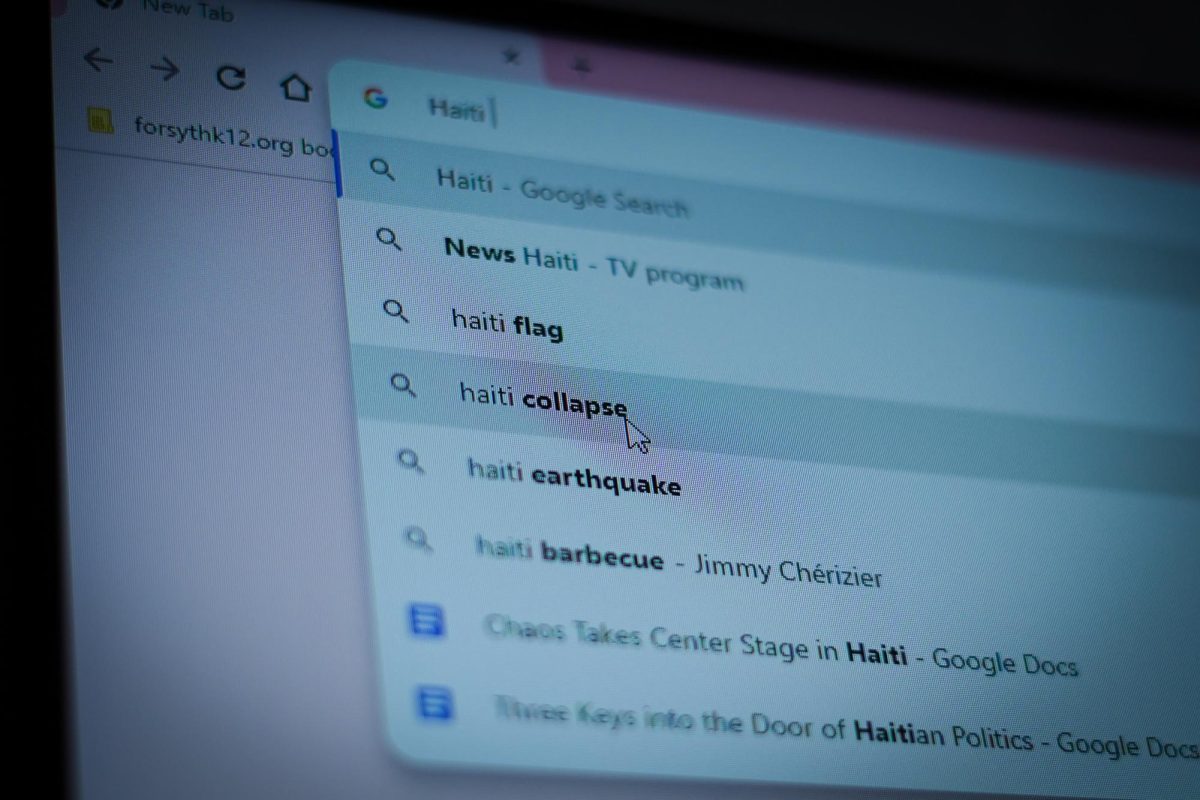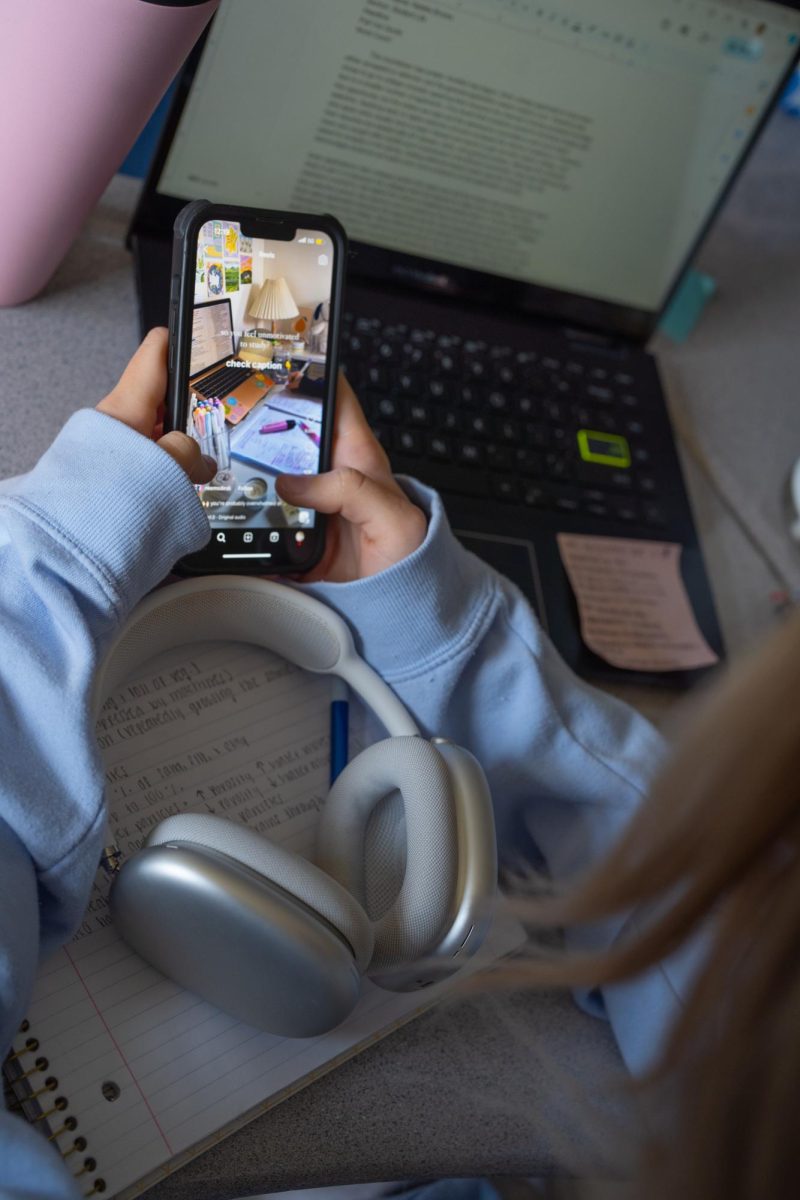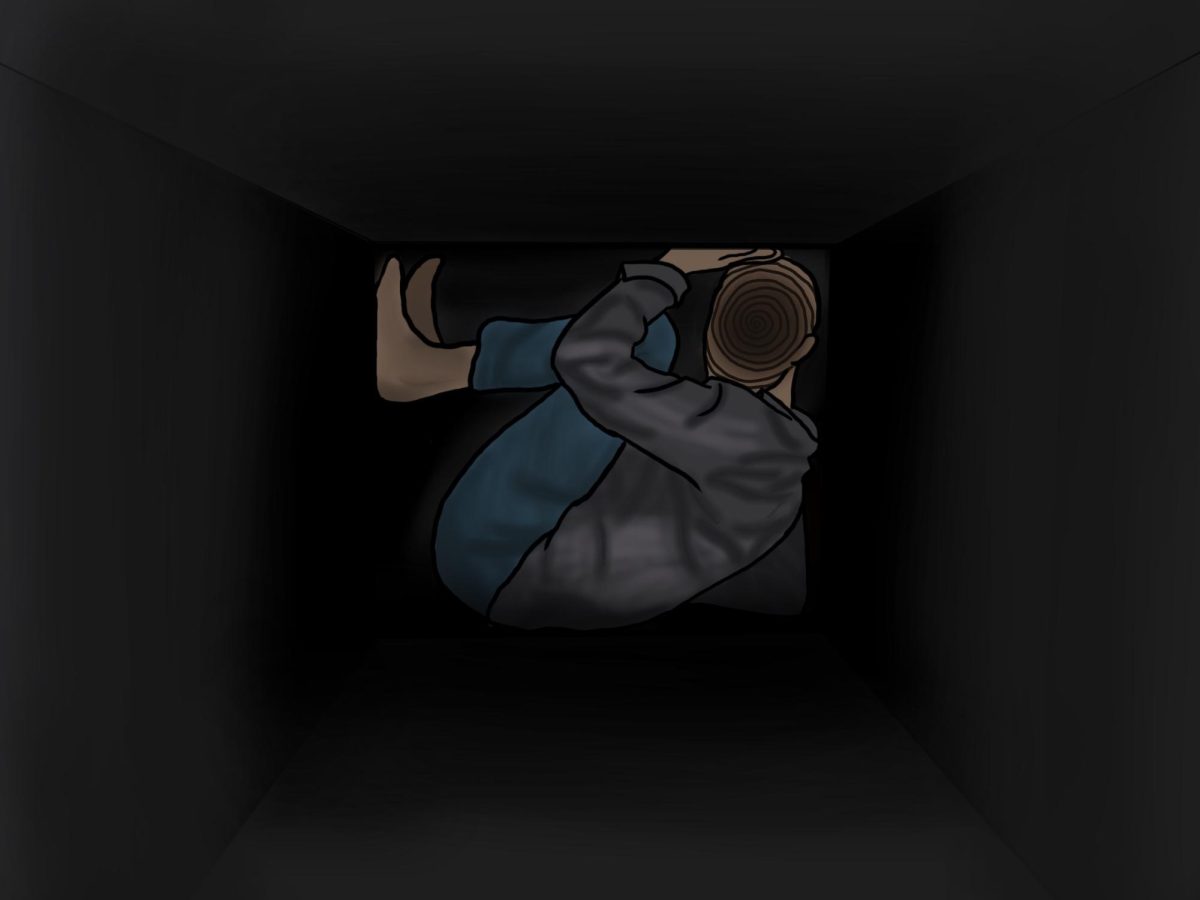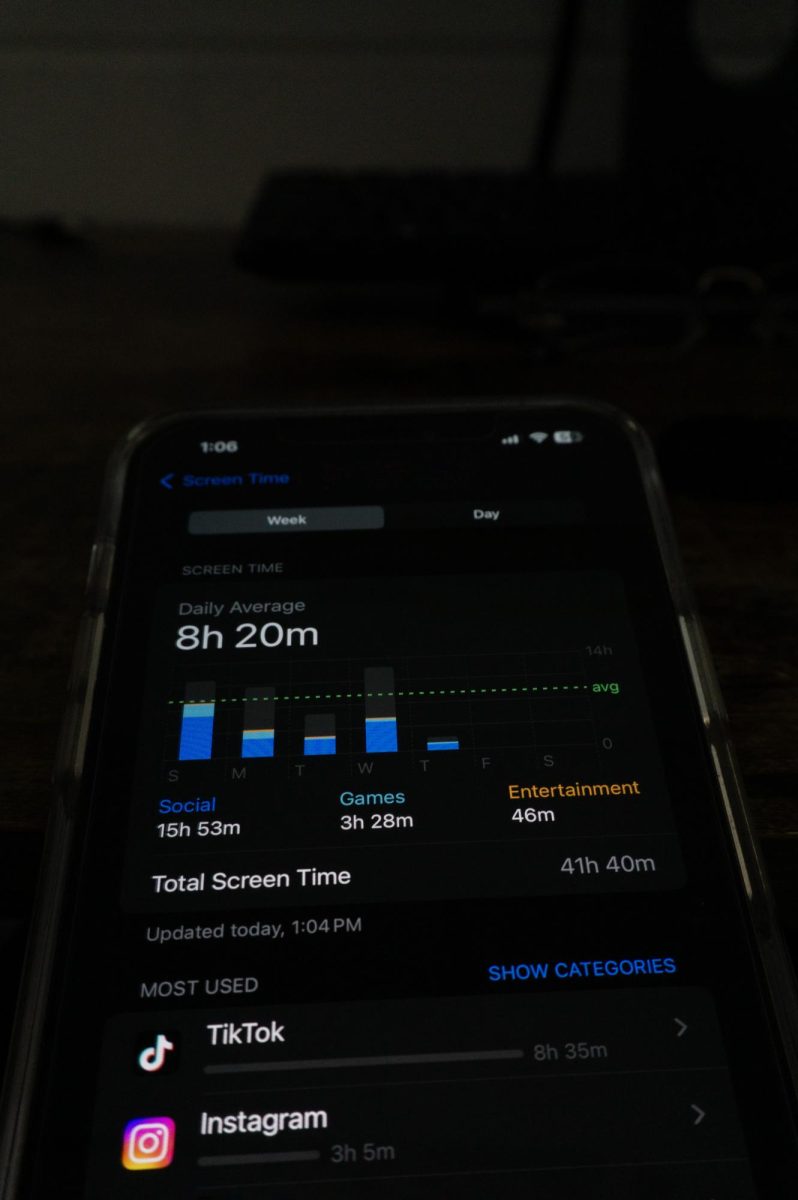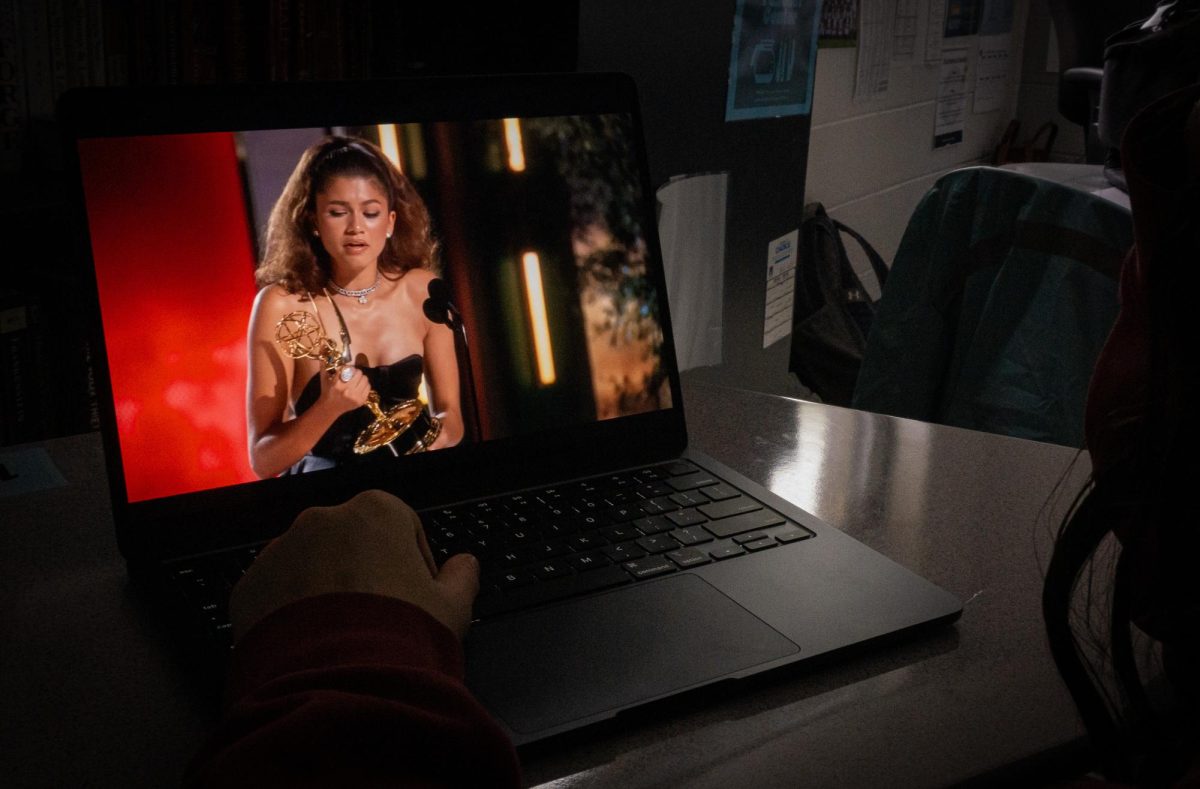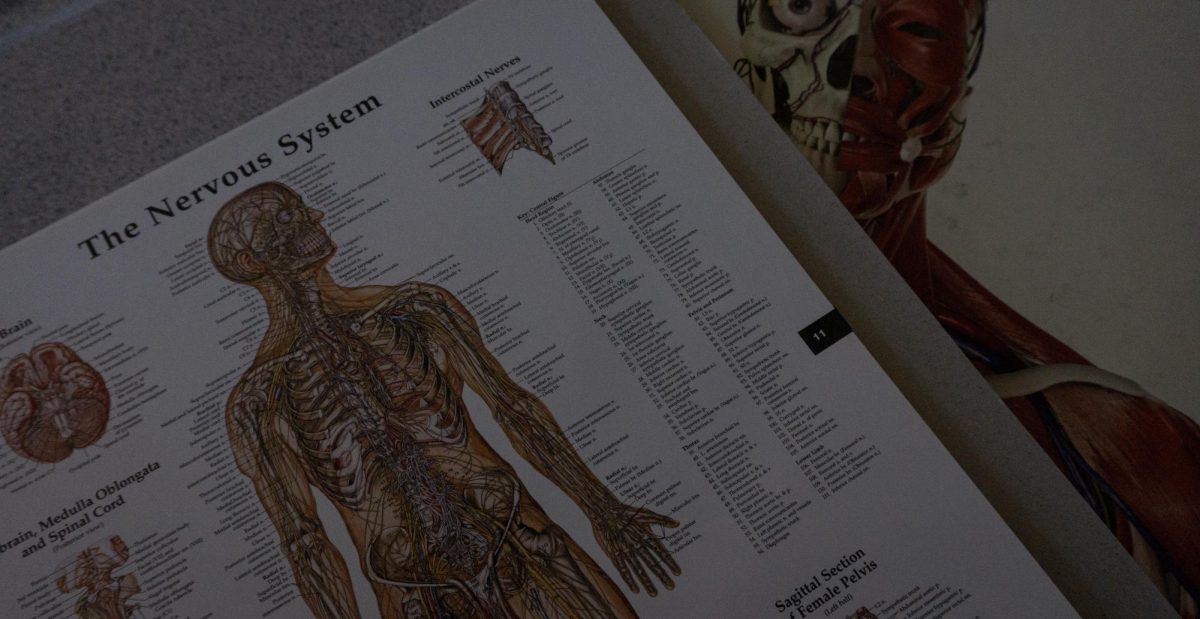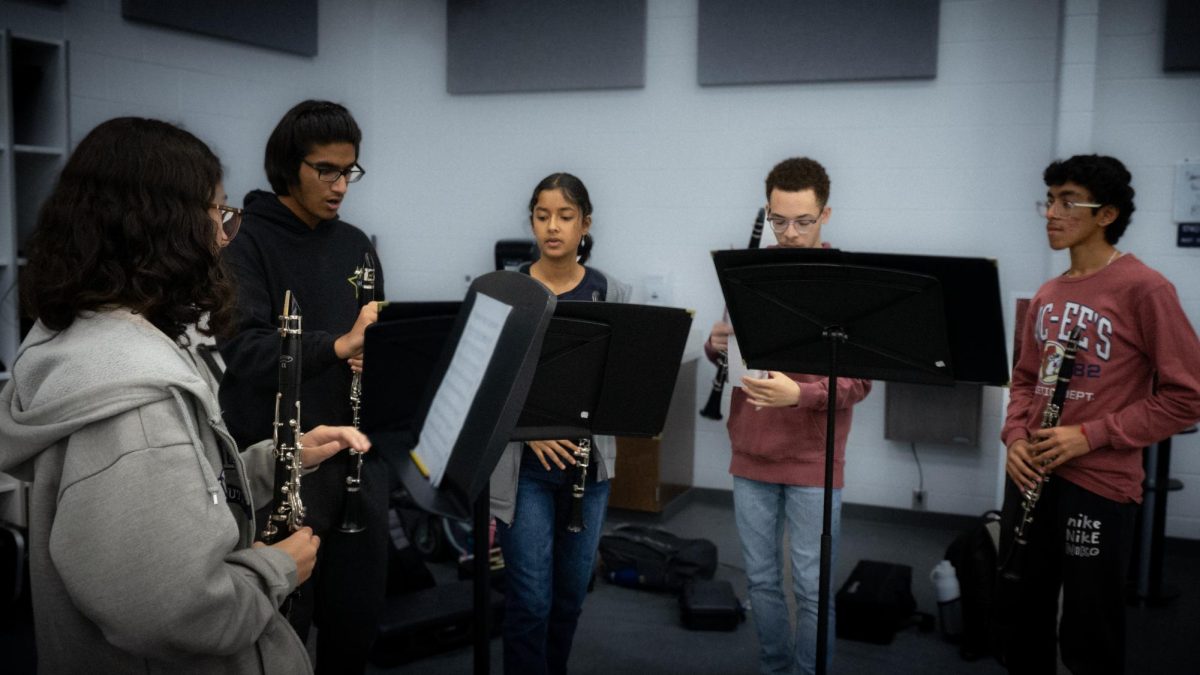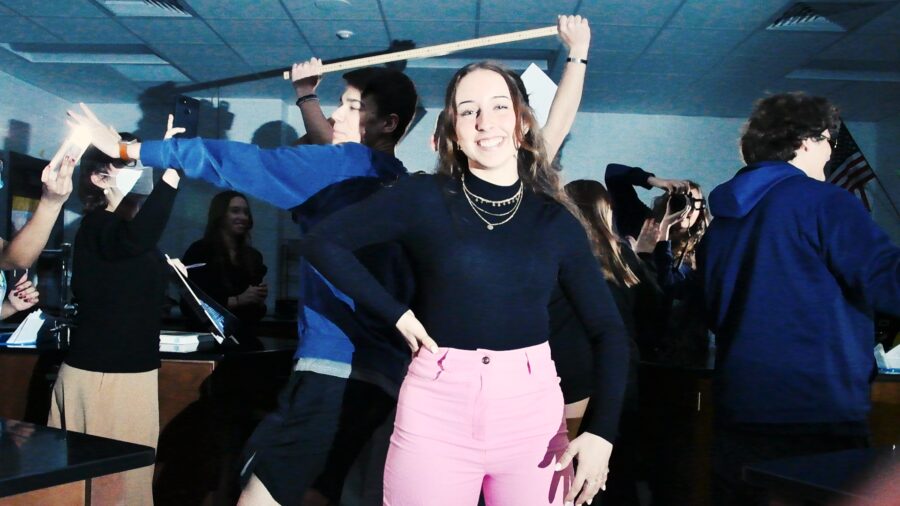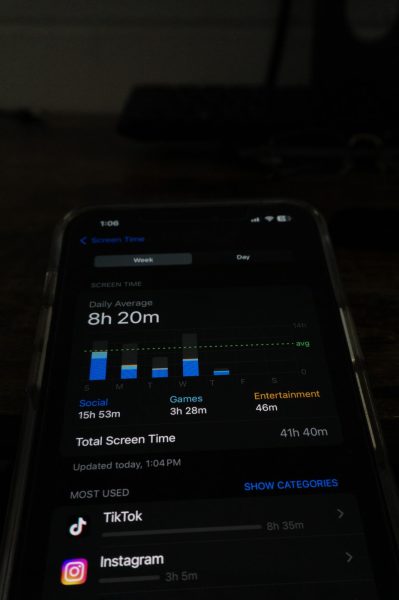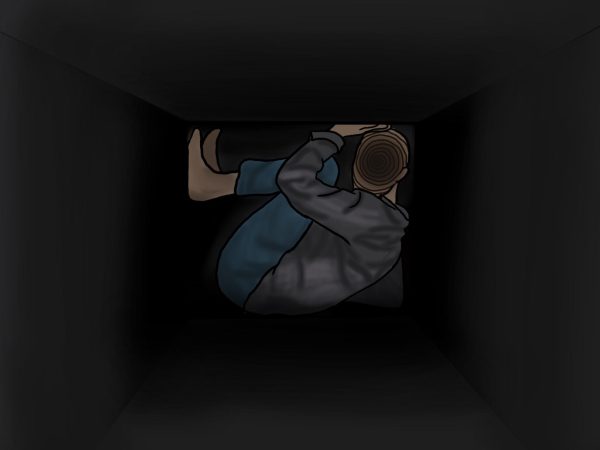TLC: Education or Exploitation?
The channel encourages viewers to laugh and stare in disbelief. Although featured individuals are often aware of what filming will entail, the entire premise of these shows is to exploit and humiliate their “stars”.
TLC is renowned for its sensationalized shows often based on extreme concepts. “1000lb Best Friends” shows the journeys of four obese friends attempting to lose weight and win back their lives. “My Strange Addiction” follows everyday people facing out-of-the-ordinary addictions, such as eating drywall or smelling babydoll heads. “90-Day Fiance” and its eighteen spinoffs (yes, eighteen) chronicle the relationships of couples where individuals from different countries live with their American fiancé for the first time and decide whether or not to marry before their 90-day visa expires.
TLC thrives off of exhibiting extreme situations. Whether it’s hoarders, extreme couponers, or toddler pageant queens, the channel makes its profits by showing viewers the real lives of intense, strange, and often amusing people. The mission of the channel is to document lifestyles the ordinary person would never encounter otherwise, and many believe that TLC is a platform for marginalized groups or individuals to have their stories heard. Someone with dwarfism may have never seen someone else living like them until the show Little Person, Big World. They can help raise awareness or bring understanding about issues that may otherwise go unnoticed or ignored.
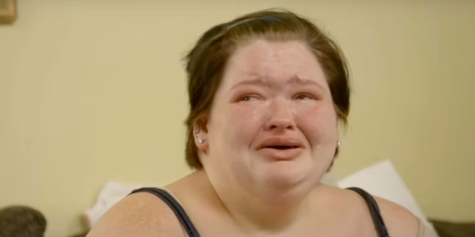
Most importantly to viewers, the channel provides endlessly entertaining shows. They are often an escape from reality and witnessing the strange lives of other humans satiates untapped curiosity. Dani Bridge, Denmark senior, shares, “My favorite TLC show is Toddlers and Tiaras because it is interesting to see how the pageants affect the children. Also, it can be entertaining to see the drama that goes down.” TLC stands for The Learning Channel and that is what they seemingly set out to do – showcase unique lifestyles to educate and entertain the general public.
However, as the years progressed and the channel evolved, putting out countless shows in an attempt to top previous extremes, TLC has gotten out of hand. Profit motivation has transformed their original intent to a walk on a balance beam between entertaining education and downright exploitation. TLC’s programs are beginning to fall into exploitation at an alarming rate.
Although they feature the struggles of individuals, the shows often portray the stars mockingly or humorously. A recent viral moment exemplified this perfectly, as Amy Slaton, co-star of “1000 lb Sisters”, opened up about her struggles with poverty and her living situation. She tearfully explained how not being taught clean habits as a child, her lower income, and her current living situation had led to her living in less-than-ideal and often embarrassing conditions. Amid her vulnerable moment, the camera focused on a cockroach crawling up the wall behind her. The clip was shared hundreds of times across social media, amassing millions of views and consequential hate comments, where the vulnerability of the moment was ridiculed by camera choice and ironic timing. This specific moment is not alone in times where TLC has taken opportunities to humiliate or exploit its stars.
The filming process can be invasive or intrusive, with participants often having to share personal and intimate details of their lives for the sake of the cameras. There are many situations that individuals would wish to keep private, but due to offers of money or persuasion by producers, they agree to feature it on a show. Those featured on the show “Hoarding: Buried Alive” opt to show their cluttered, disastrous homes. The cameras zoom in on endless piles of items and navigate through narrow hallways filled to the brim with random assortments. Shocked viewers can’t turn away from the sight, even though the homes are testaments to the serious mental illness of the hoarders.
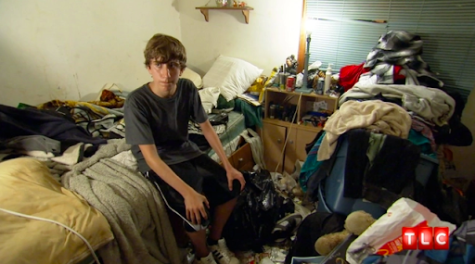
Hoarders are willing to showcase their most vulnerable, humiliating moments for the incentive of a chance for professional intervention. Meanwhile, hundreds of thousands of people watch their struggles with a bag of popcorn.
The Learning Channel presents itself as an opportunity for education. Millions watch as disasters happen right in front of them. Viewers often feel that their experience watching has improved their overall mindset, from giving them an escape from their own lives, an opportunity to see someone take back their life or tell an excellent joke, and even satiate some sense of morbid curiosity. However, TLC stars may not feel the same way. Sure, many are given advantages like weight-loss surgery or therapy, but do these opportunities mitigate the hardships they endured to get there?
TLC broadcasts so deep into people’s lives that it feels less like education and more like an intrusion into broken lives and misguided members of society. The channel encourages viewers to laugh and stare in disbelief. “If they add more drama and tension, it gets better ratings and more people watching,” Dani adds. Although featured individuals are often aware of what filming will entail, the entire premise of these shows is to exploit and humiliate their “stars”.
If the eighteen spin-offs of 90 Day Fiance aren’t evidence enough, TLC will continue to produce more and more shows to chase profit. They will show any situation if they believe it will increase their ratings and reach more viewers. By continuing to tune in, viewers are encouraging TLC to continue to find more people to exploit. An obvious solution would be to turn off the channel and stop supporting shows that harm their stars. However, the situation isn’t that simple, as most of these shows have been airing for years and viewers are attached to seeing their favorite people on screen week after week. It is important to acknowledge that consuming such content causes harm, yet by simply abandoning the shows, many will feel a sense of loss from no longer seeing the lives of people they have grown to care about.

I’m a lover of bookstores, Starbucks iced chai, and Gilmore Girls binges! This year I’m a senior at Denmark and the section editor of Student Life....



